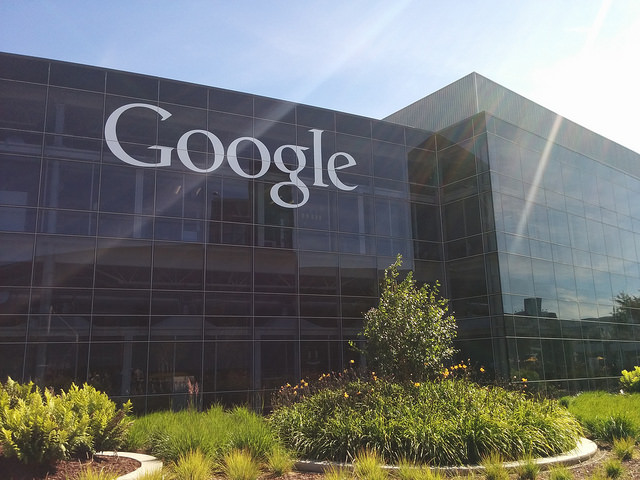
Justice Department decides whether to allow online search giant to buy leading travel search provider.
As Google becomes more dominant, antitrust regulators in the United States and in Europe are scrutinizing its business decisions more closely. In the United States, the Bureau of Competition of the Federal Trade Commission (FTC) and the Antitrust Division of the Department of Justice (DOJ) share jurisdiction over antitrust law enforcement. The FTC conducted detailed investigations, called second requests, of Google’s proposed mergers with DoubleClick and AdMob, both advertising companies, before letting the deals consummate. The DOJ is now conducting a similar second-request investigation of Google’s proposed merger with ITA Software, which provides the technology powering travel searches on sites like Kayak and Orbitz. A decision from DOJ is reportedly “imminent.”
According to the DOJ’s and FTC’s Horizontal Merger Guidelines, a collection of non-binding but highly influential guidance issued jointly by two agencies and updated most recently in 2010, the government may block a merger if, after doing a “fact-specific” investigation, it finds that the merger would be anticompetitive, that is, harm consumers. If a merged company would gain too much market power, consumers could be affected by “reduced product quality, reduced product variety, reduced service, or diminished innovation.” One way this could happen is if the merged company is able to exclude its competitors from the market.
If the Google-ITA merger wins DOJ’s approval, Google intends to use ITA technology to provide its own travel search results. Opponents of the merger have two main arguments for blocking it. First, Google could limit competitors’ access to ITA’s software, such as by increasing prices or not sharing product improvements. Second, Google could feature its own travel search results more prominently than others’, decreasing the chances that anyone searching for a flight on Google would ever use Kayak or another competitor. Members of Congress and state officials have expressed concern to the DOJ about the proposed merger.
Google has promised to honor all existing contracts involving licenses of ITA Software. Senator Herb Kohl (D-WI), Chairman of the Senate Judiciary Committee’s Subcommittee on Antitrust, Competition Policy and Consumer Rights, has asked the DOJ to require Google, by consent decree, to honor these contracts. The DOJ took a tack similar to this proposal in a recent settlement agreement, on January 18, 2011, in which it allowed Comcast and NBC to merge as long as the parties made certain structural changes that would allow competitors of Comcast to continue distributing NBC’s content.
Google has so far been less than clear about how it will display travel search results, only promising to continue labeling any commercial search results as commercial. Critics argue that Google could prevent fair competition by winning in the market without providing any better service than its competitors, simply by taking advantage of its dominance in search to make its own product more easily available. The European Commission is already investigating Google’s possible abuse of its search dominance in other areas. The DOJ may require Google to display its travel searches and those of its competitors together, just as video searches on Google provide equal access to videos on YouTube, which it owns, and to those on other sites.
The photograph of Google, Inc.’s headquarters is used unaltered under a Creative Commons license.



